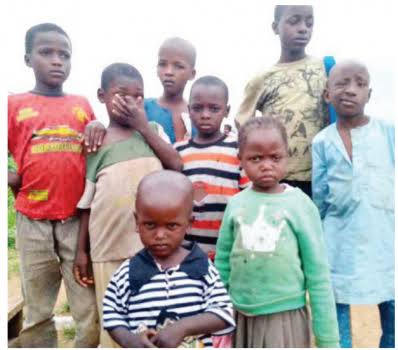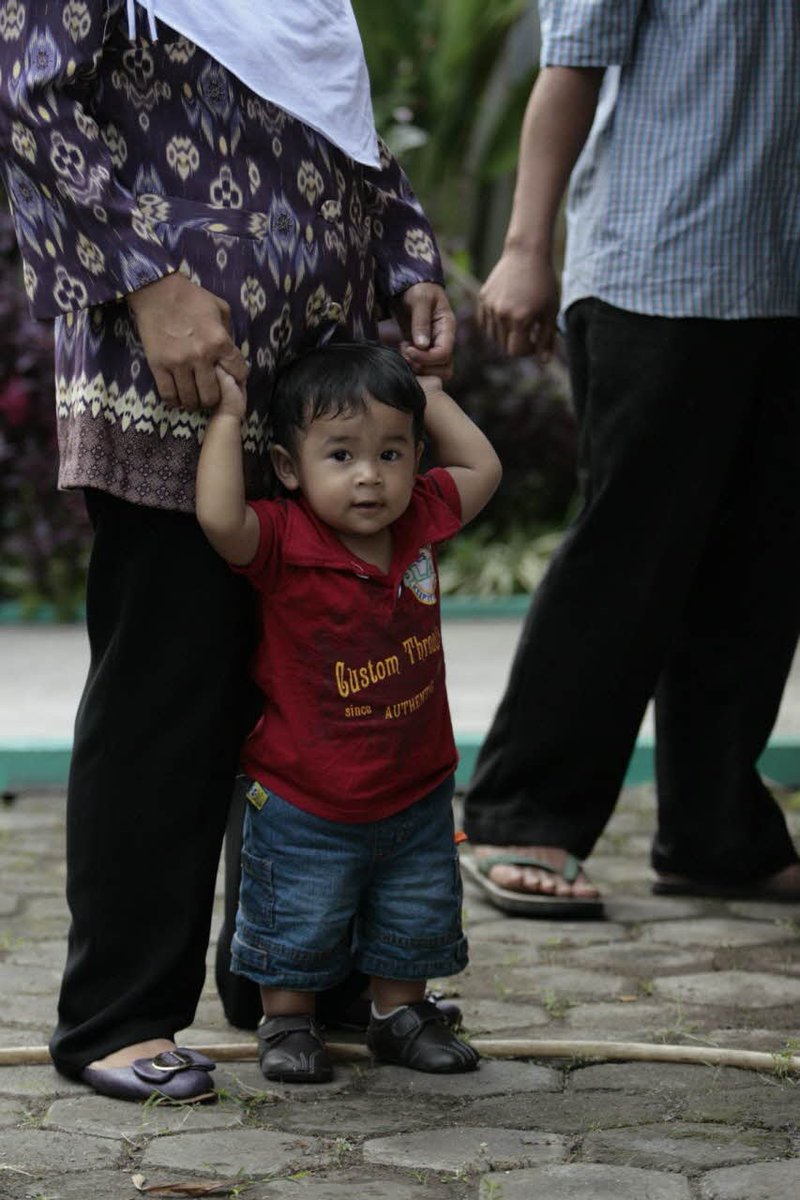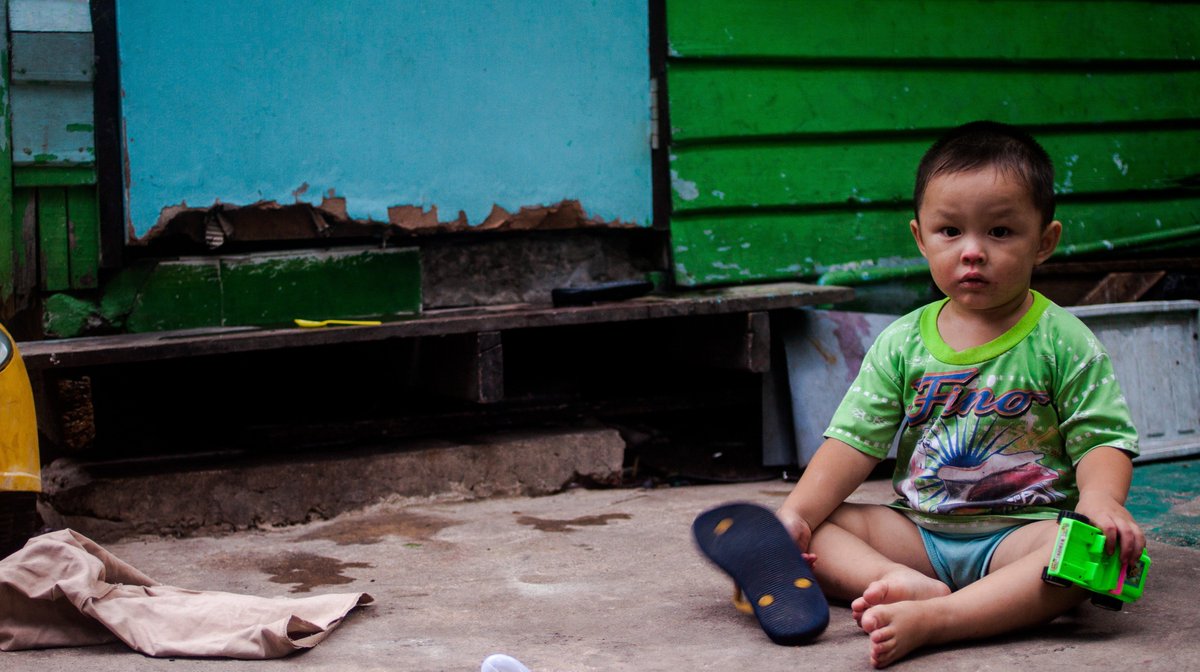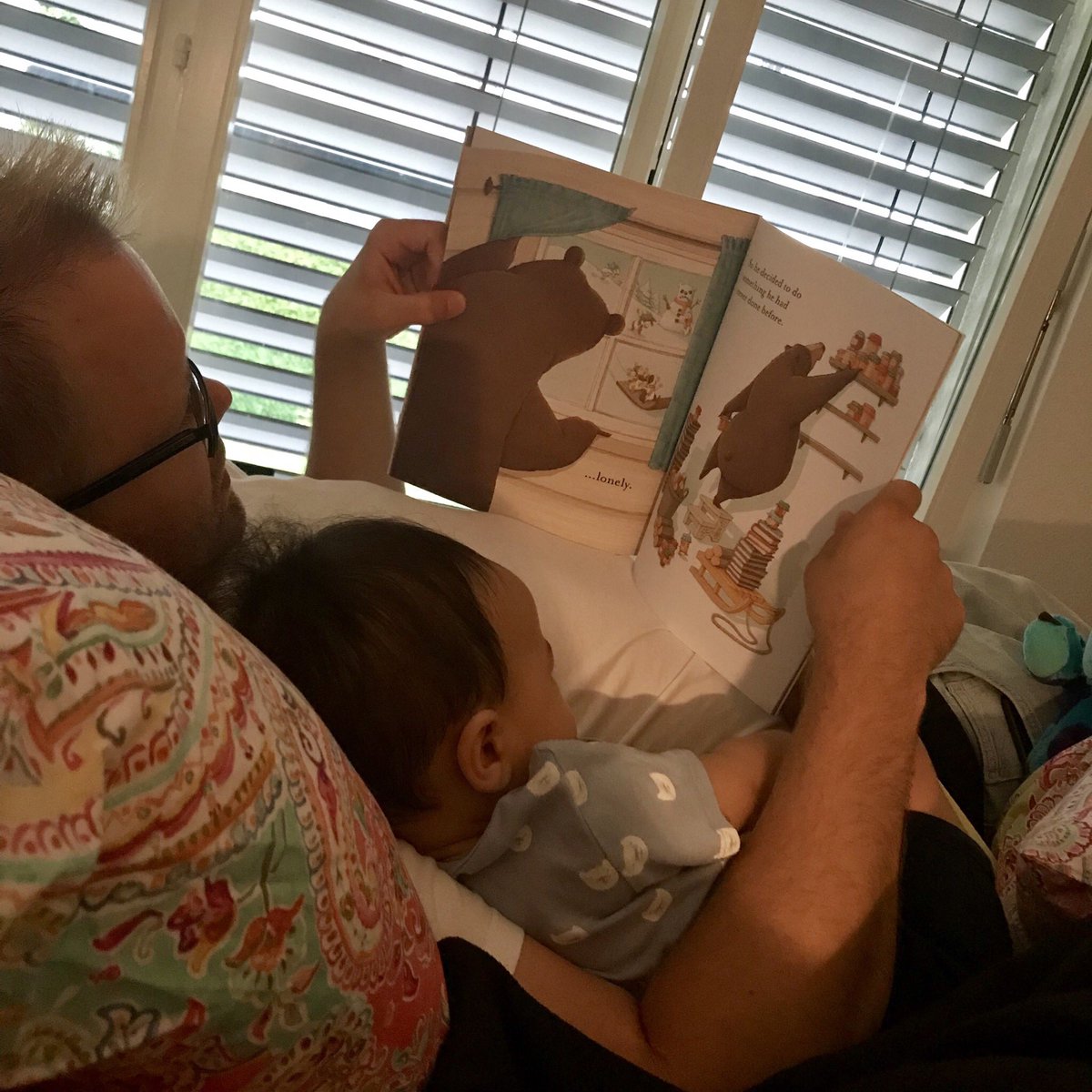Many of the poorest children are yet to feel the benefit, says a new UNICEF report.
unicef.org/reports/conven…
en.wikipedia.org/wiki/U.S._rati…
93 million children with disabilities in the
world, but the number could be much
higher. They are likely to be among the
poorest members of the population."
estimates, more than 1 billion people
live in slums worldwide, with four out
of five of slum dwellers residing in
Asia and Africa."
workers and daily wage earners may
result in parents from poor urban fami-
lies working long hours and having to
leave children unattended, without
needed nurturing care."
People move to cities for a variety
of benefits: opportunity, diversity,
integration, economies of scale and
innovation."
age 5 than their rural peers"
The prevalence of stunting among children in the poorest urban quintile
is at least twice as high as the rate
among their peers in the richest
quintile in 8 of 10 of the countries
analysed – and at least four times
higher in 2 of the 10 countries"
cent of the countries analysed, Urban
children are less likely to receive
routine immunization than children
from the poorest rural households.
This result may reflect the greater
intensity of vaccination outreach in
rural areas in recent decades."
the children in the poorest urban
quintile have higher mortality rates
than children from the poorest rural
quintile. Globally, around 4.3 million
children in urban areas face a higher
risk of dying before their fifth birthday
than the rural kids"
to essential services. But emerging data show that some children in
cities are actually worse off than their counterparts in rural areas"
on increasing girls’ access to secondary education and
preventing child marriage and female genital mutilation.
In support of all this work and more,
proper awareness and assistance, the health, welfare and
educata prospects of millions of adolescent girls are
therefore at risk. Adolescent girls also havean increased
risk of genderbased violence including sexual harassment
equitable progress by both
governments and communities, we
will be able to leverage the lessons
of the past to protect girls from the
harmful practice of child marriage –
and, ultimately, to eliminate it."
married before age 18 than boys. Girls
from impoverished socio-economic back-
grounds are most likely to be affected."
of school today are typically among
the most marginalized, impoverished,
disadvantaged and hard to reach. They
are children with disabilities, children
living in the streets and children from
minority ethnic or religious groups"
primary-school age children who are
out of school live in areas affected by
conflicts and natural disasters."
attendance are correlated with lower
dropout rates, reducing the number of
out-of-school children. In places with
no pre-primary education, instruction in
Grades 1 and 2 is often of lower quality –
giving children less incentive to learn"
school age dropped from 100 million
in 2000 to 59 million in 2018, and
from about 15% to 8.2% of the world’s primary school age population.
the number of out-of-school girls fell by half between 1997 and 2018 aka 68 to 32 million
for a Future: Water and children in a
changing climate, estimated that by 2040,
one in four of the world’s children under
18 – some 600 million in all – will be living
in areas of extremely high water stress."
climate. Concerted international
efforts have to confront the triple
threat of higher disease burdens,
food insecurity and water scarcity
from wiping out gains we have
made in child survival over the past
30 years."
for 440,000 deaths of children under
age 5 in 2017, the stakes are high.
WHO estimates that climate change
could cause more than 316,000
additional annual deaths related to
diarrhoeal diseases by 2050."
maternal health, which is closely related
to a child’s probability of surviving
and thriving in the early years. WHO
estimates that climate change could
lead to an additional 10 million children
suffering from stunting in 2050."
levels of air pollution, which was linked
to one in eight deaths of children under
age 5 in a 2012 report. Air pollution is
also associated with increasing rates of
asthma and other respiratory diseases."
cost. In 2017, the latest year for which
firm estimates are available, malaria
alone accounted for 266,000 deaths
of children under age 5 despite
widespread prevention efforts. And
there could be a surge in deaths in
areas newly affected "
programmes have successfully
increased the number of infants
vaccinated against measles in recent
decades as overall vaccination
coverage expanded in every
region. But a levelling
of progress in recent years has
contributed to the spike in
measles cases"
countries must achieve and sustain
at least 95% coverage
for the first and second doses of
measles vaccine. The world is still
far from achieving these targets;
in 2018, global coverage totalled
86% for the first dose and
69% for the second. "
19.4 million infants were still missing
out on routine immunization, a
benchmark measure that entails
a child receiving three doses of
combined diphtheria, tetanus and
pertussis vaccine (DTP-3)."
in the poorest house/h R twice
as likely to die, as the richest. Newbornsmost vulnerable, as neonatal mortality has declined at a slower rate than mortality for otherchildren under age 5. Neonatal mortal-
ity now accounts for almost half of all
under-five deaths."
this number had fallen to just above
5 million, a reduction of about
60 per cent. Put another way, in
1990, 1 in 11 children did not reach
age 5; now, the ratio is 1 in 26."
children and young people of the
world who – like Greta Thunberg and
Malala Yousafzai – are speaking out on
issues that directly affect their lives,
such as climate change and protracted
conflict. As they demand urgent action"






